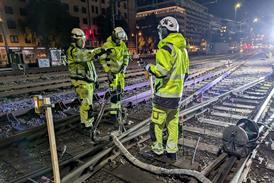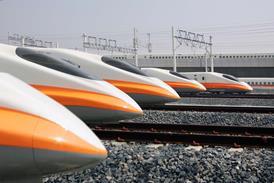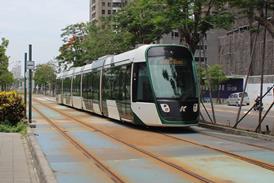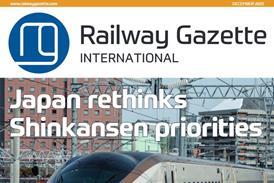Alstom to supply driverless trains for Santiago Line 7
By Metro Report International2022-01-06T15:06:00

CHILE: Metro de Santiago has selected Alstom to supply and maintain for 20 years the driverless trains and train control systems for the 25·8 km metro Line 7 now under construction.
Already have an account? LOG IN
To continue…
You’ve reached your limit of content for the month
Get enhanced access to Railway Gazette news and weekly newsletters.

For almost 200 years, the Railway Gazette Group has been the leading provider of news, analysis and intelligence for the international railway industry. Our independent and authoritative content is read by operators, regulators and the supply industry in over 140 countries using a variety of tailored subscription packages.
Site powered by Webvision Cloud



